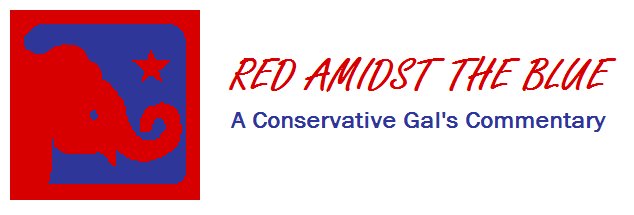
What does the Constitution say about Congress' power?
First, there is the issue of implicit versus explicit powers. Explicit powers are powers actually written in the Constitution. Implicit powers are powers that are not expressly stated in the Constitution.
So, what are some examples of explicit powers given to Congress in the Constitution?
- The power to borrow money
- The power to coin money
- The power to "raise and support" both an army and navy
- The power to declare war
- The power to regulate trade with foreign nations
Congress' implicit powers come specifically from the "elastic clause" which states that Congress has the power to "To make all Laws which shall be necessary and proper for carrying into Execution the foregoing Powers, and all other Powers vested by this Constitution in the Government of the United States, or in any Department or Officer thereof."
Basically, this clause makes an allowance for powers that might be necessary for Congress to have but that were not included by the Founding Fathers in the Constitution. An example of Congress using the elastic clause would be Congress' power to raise and support an air force. Obviously, there were no airplanes back when the Founding Fathers drafted the Constitution, but one could reasonably assume that an air force would be a necessity in this day and age in order to protect and defend the nation. Thus, Congress has the implied power to raise and support an air force.
Congress has used this "elastic clause" to justify various expansions of its power. But there is another clause in the Constitution that Congress has been frequently abusing in recent years in order to take more power for itself. This clause is known as the interstate commerce clause.
The interstate commerce clause is what gives Congress the explicit power to regulate trade between states and between nations. But, Congress has expanded the definition of interstate commerce to include everything from education to the regulation of drugs.
But how does Congress explain why education and drug regulation are issues of interstate commerce? Congress often uses as justification the assumption that anything that crosses state lines is interstate commerce. Thus, because a public university in one state might enroll students that are from out-of-state, Congress can make rules about public universities. A famous example is when Congress ordered a university in the South to desegregate.
As for drug regulation, Congress argues that because drugs might be trafficked across state lines, drug regulation is a federal issue via the interstate commerce clause of the Constitution.
Obviously, these are overly simplified examples. But the gist of the matter is that over the past 200 years or so, Congress and the federal government in general have been stretching their powers to include more and more things that have absolutely no sane Constitutional justification.
Tomorrow: What do we do about this situation?
Picture taken from: http://www.cqpress.com/incontext/constitution/images/
Scene_at_the_Signing_of_the_Constitution_of_the_United_States.jpg

